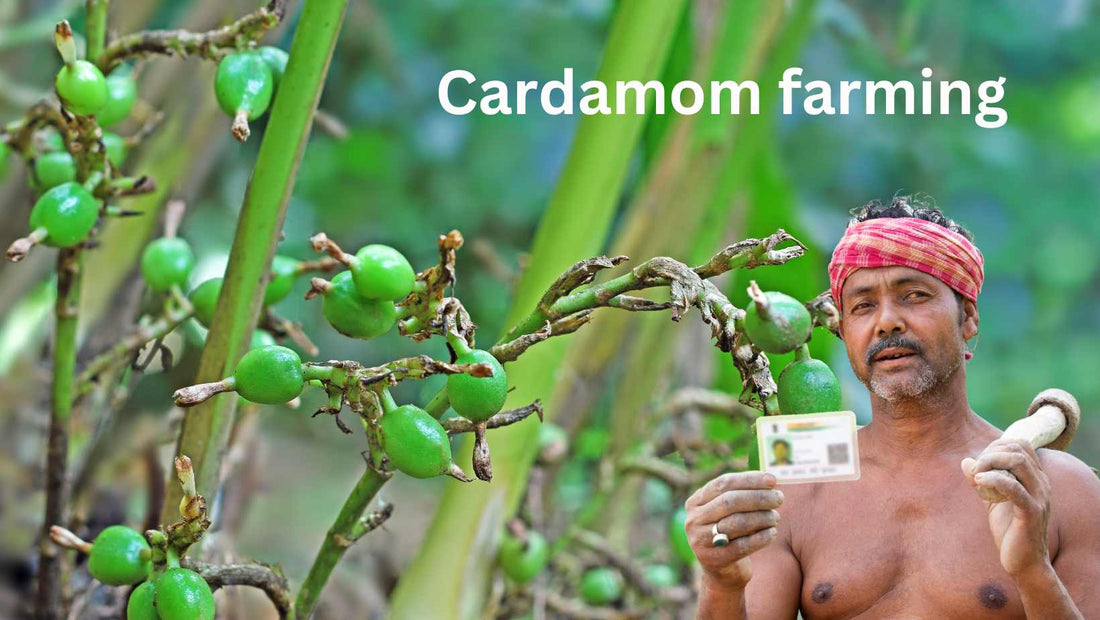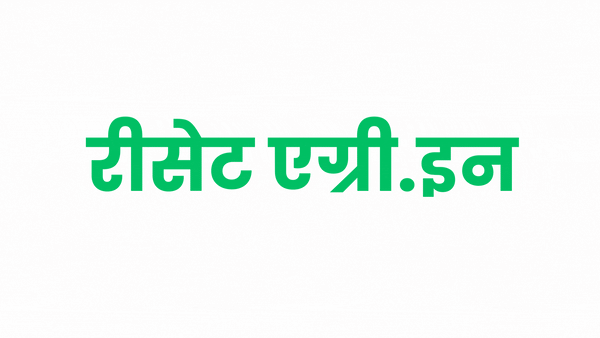
Cardamom farming in India
Share
Cardamom is one of the most important cash crops grown in India, providing a livelihood for millions of farmers and their families. It is cultivated in over 10 states, with Kerala, Karnataka, and Sikkim being the major producers.
According to a 2018 report by the Indian Council of Agricultural Research (ICAR), cardamom is cultivated on an area of over 100,000 hectares in India, with an annual production of over 10,000 tonnes. The majority of cardamom production is concentrated in the smallholder sector, with over 90% of farmers having less than 2 hectares of land.
Importance of cardamom cultivation for farmers
Cardamom is a high-value crop, and its cultivation can provide farmers with a significant income. In 2022, the average price of cardamom in India was around Rs. 2,000 per kilogram. This means that a farmer with a 1-hectare cardamom plantation can earn an annual income of over Rs. 200,000.
In addition to the economic benefits, cardamom cultivation also plays an important role in the rural economy. It provides employment opportunities for both skilled and unskilled workers, and it also helps to support other industries such as processing, packaging, and transportation.
Challenges faced by cardamom farmers
Cardamom cultivation is not without its challenges. Farmers face a number of risks, including:
- Price fluctuations: The price of cardamom can fluctuate significantly from year to year. This can make it difficult for farmers to plan their finances and budget for their expenses.
- Diseases and pests: Cardamom is susceptible to a number of diseases and pests, which can cause significant yield losses.
- Climate change: Climate change is also having a negative impact on cardamom cultivation. Extreme weather events such as droughts and floods are becoming more common, and these can damage crops and reduce yields.
Government support for cardamom farmers
The Government of India provides a number of support measures to cardamom farmers. These include:
- Subsidies on inputs: Farmers are eligible for subsidies on the purchase of inputs such as fertilizers, pesticides, and irrigation equipment.
- Crop insurance: Farmers can purchase crop insurance to protect themselves against financial losses caused by crop failures.
- Marketing support: The government provides marketing support to cardamom farmers through the National Agricultural Cooperative Marketing Federation (NAFED). NAFED procures cardamom from farmers and sells it at a minimum support price.
Despite the challenges, cardamom cultivation remains an important source of income for millions of farmers in India. The government's support measures are helping to make cardamom cultivation more sustainable and profitable for farmers.










